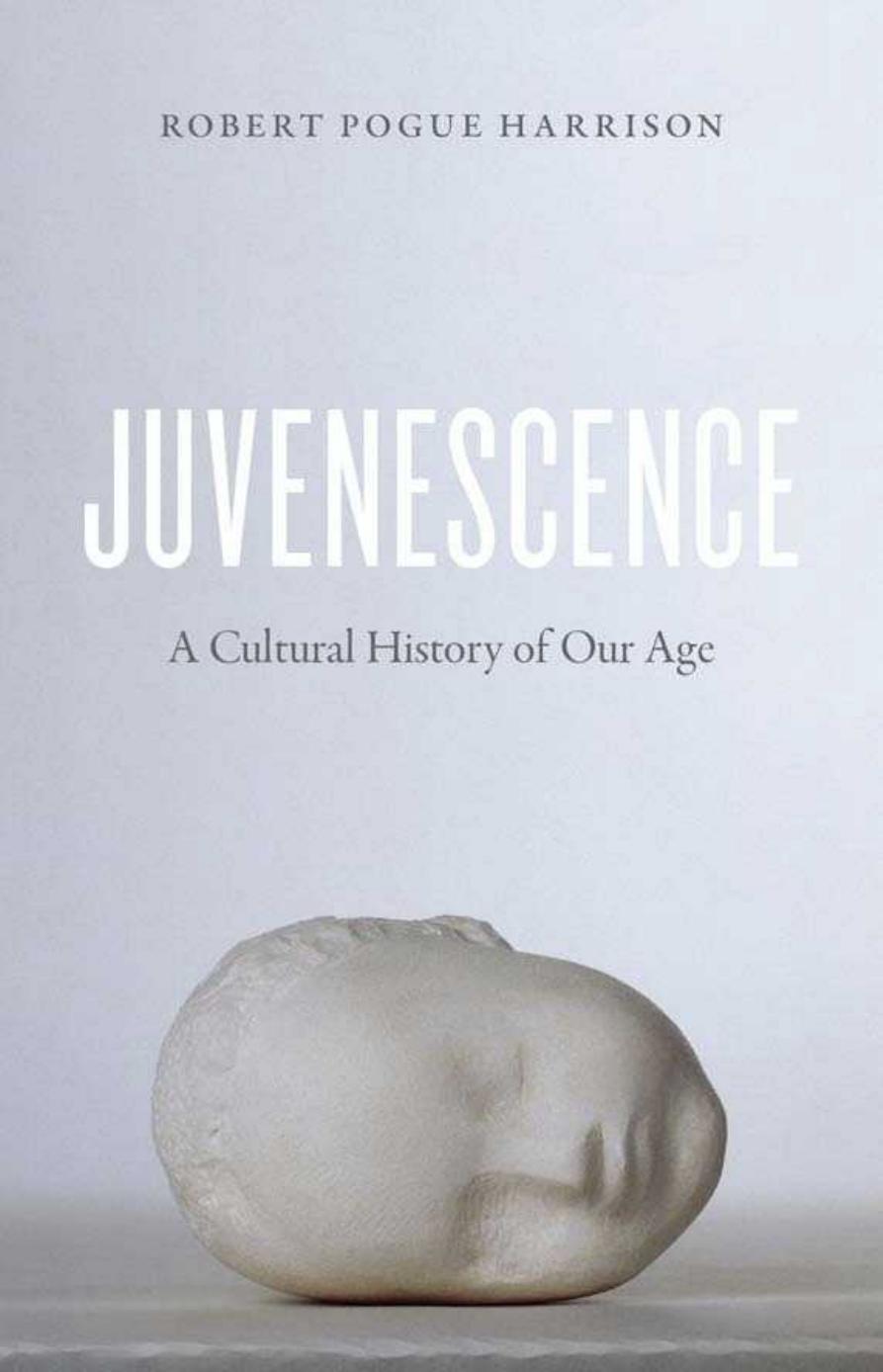Juvenescence: A Cultural History of Our Age by Robert Pogue Harrison

Author:Robert Pogue Harrison [Harrison, Robert Pogue]
Language: eng
Format: epub, pdf
Tags: LIT000000 Literary Criticism / General, PHI000000 Philosophy / General
ISBN: 9780226172040
Publisher: The University of Chicago Press
Published: 2014-10-08T16:00:00+00:00
I have commented at length on the Gettysburg Address in my book The Dominion of the Dead and elsewhere, hence I will not reiterate here what I asserted in those pages. Let me address instead a question I did not touch in my previous commentaries.
Some have claimed that Lincoln’s Gettysburg Address usurps the intent and meaning of the Constitution, which nowhere speaks about men being created equal, or about the American nation being founded upon a dedication to that proposition. While this may be literally true, the crisis came about as a result of the failure of the literal words of the Constitution to keep the union from breaking apart. At times the letter of the law is simply dead. In such moments only the living citizens can decide its meaning and intent, by choosing sides, even at the cost of giving up their lives on behalf of their choice. Lincoln claimed in his address that the nation is founded not on a proposition but on a “dedication” to that proposition. It is the dedication that writes the proposition and gives it its grounding power. It is we the living, on the graves of those who died in dedication, who must take responsibility for the Constitution’s meaning, and decide its meaning, thereby rendering its proposition historical.
The founding fathers did not found upon “this continent” the Constitution they framed for the nation. It was Lincoln who presided over that solemn event by giving the “new nation” a new founding. He did so by calling on, mobilizing, or activating the archaic unifying powers of sacrifice, victimage, and fratricide. The origin myths of Rome tell us that the blood of Remus, slain by his brother Romulus, marked the place of Rome’s foundation. Cain, slayer of his brother Abel, founded a dynasty. Cadmus slayed a dragon and sowed its teeth in the earth, from which there came a harvest of armed men whom Cadmus turned against each other until they fought one another to death, except for five survivors who went on to engender the Theban nobility. America was brought forth by its Constitution as a well-conceived, fully modern nation, yet through its civil war—and Lincoln’s memorializing act at Gettysburg—it placed or re-placed its nationhood on the most atavistic basis of all: the blood of the brother. Could a new nation long endure without such grounding?
The role Lincoln played in American history cannot be exaggerated. He consolidated the nation’s “new birth of freedom” by securing for it an ancient sacrificial basis. He did this not only in his political life as president of the United States but above all in his political death. In his martyrdom he embodied or stood for all the victims of a civil war waged on behalf of, and against, the union. In the symbolic magnitude of its tragedy, his death became, and to this day remains, a source of unity in the union’s body politic—a unity that the Constitution, for all its provisions for the future of the nation, could not provide.
Download
Juvenescence: A Cultural History of Our Age by Robert Pogue Harrison.pdf
This site does not store any files on its server. We only index and link to content provided by other sites. Please contact the content providers to delete copyright contents if any and email us, we'll remove relevant links or contents immediately.
The remains of the day by Kazuo Ishiguro(7551)
Tools of Titans by Timothy Ferriss(6946)
The Black Swan by Nassim Nicholas Taleb(6190)
Inner Engineering: A Yogi's Guide to Joy by Sadhguru(5895)
Giovanni's Room by James Baldwin(5877)
The Way of Zen by Alan W. Watts(5798)
The Six Wives Of Henry VIII (WOMEN IN HISTORY) by Fraser Antonia(4790)
The Power of Now: A Guide to Spiritual Enlightenment by Eckhart Tolle(4754)
Astrophysics for People in a Hurry by Neil DeGrasse Tyson(4620)
Asking the Right Questions: A Guide to Critical Thinking by M. Neil Browne & Stuart M. Keeley(4574)
12 Rules for Life by Jordan B. Peterson(3733)
The Ethical Slut by Janet W. Hardy(3502)
Skin in the Game by Nassim Nicholas Taleb(3459)
Housekeeping by Marilynne Robinson(3401)
The Art of Happiness by The Dalai Lama(3382)
Double Down (Diary of a Wimpy Kid Book 11) by Jeff Kinney(3272)
Skin in the Game: Hidden Asymmetries in Daily Life by Nassim Nicholas Taleb(3264)
Walking by Henry David Thoreau(3234)
12 Rules for Life: An Antidote to Chaos by Jordan B. Peterson(3200)
